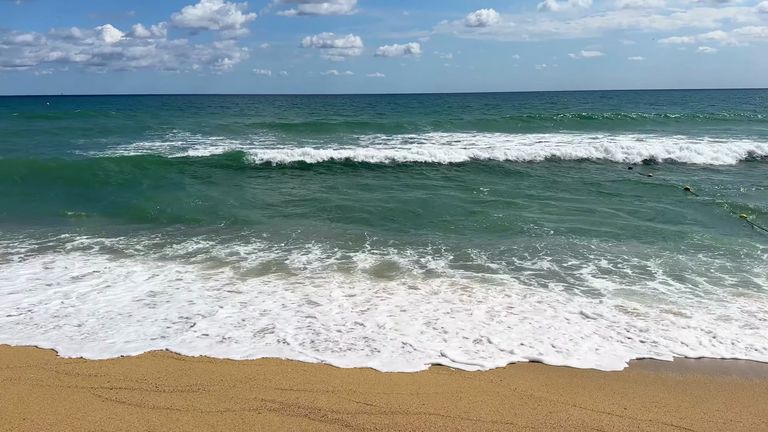
Hello everyone. Today I’d like to share our trip to a suburb of Barcelona. We visited El Masnou, a city located 18 km from Barcelona on the Mediterranean coast along the Maresme shoreline. We started our journey at the beach, as it is the main attraction and the most beautiful spot in the city. The Maresme coast is known for its wide, sandy beaches. However, one thing to keep in mind is that the sea has a steep entry.
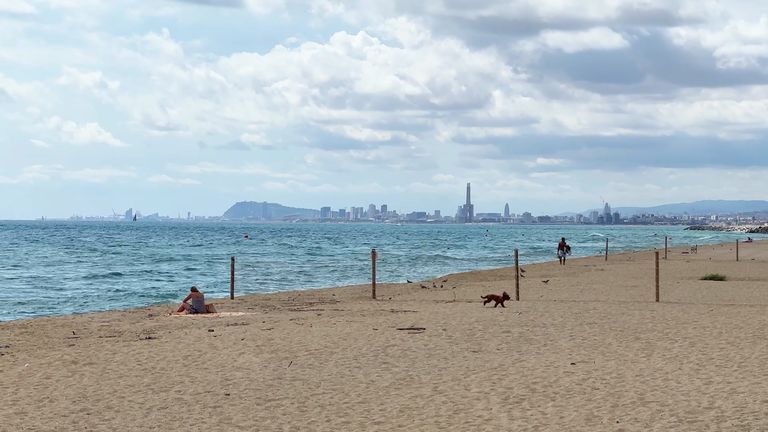
The Maresme coastline stretches from Barcelona to the town of Blanes. The sand is relatively coarse, making it easy to clean, but its loose texture can make walking along the shore a bit uncomfortable. You won’t find enclosed bays or postcard-like views here. The scenery is quite minimalist, with open seas and the silhouette of Barcelona visible in the distance.
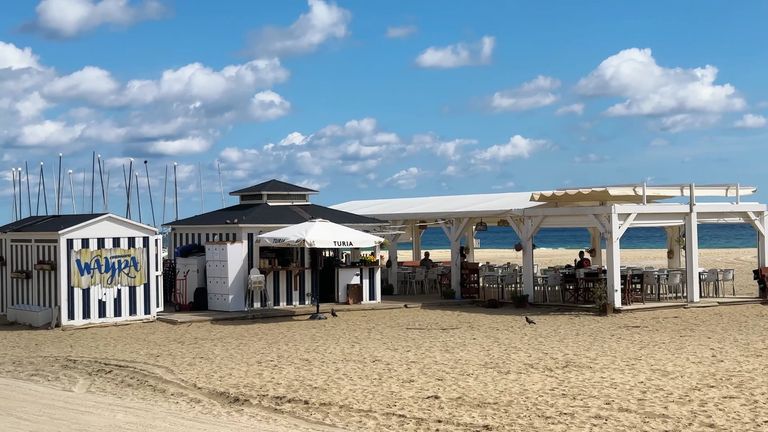
During the summer months the beach is dotted with chiringuitos - beach bars, that usually operate from mid-May to mid-September. There are also showers and drinking water fountains available. For active visitors, there are volleyball courts and if you’re traveling with children, there are small playgrounds. However, since this town isn’t considered a tourist hotspot, you won’t find activities like banana boats. That said, the beach is very spacious, so you can always find a comfortable spot near the water, regardless of the season.
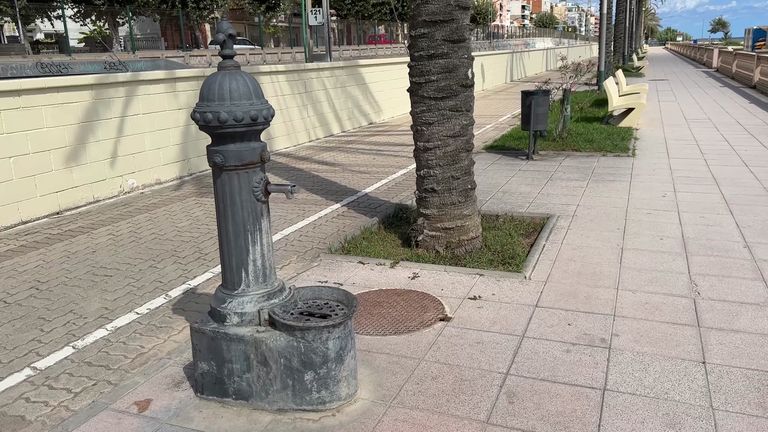
Adjacent to the beach, there’s a coastal path. Walking to the right leads you towards Barcelona, while heading left takes you to Premià de Mar, Vilassar de Mar and Mataró. The next point I’d like to touch on is public transportation.
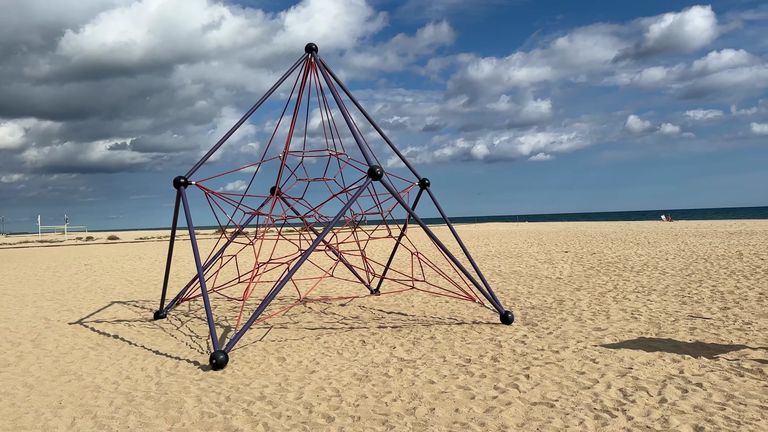
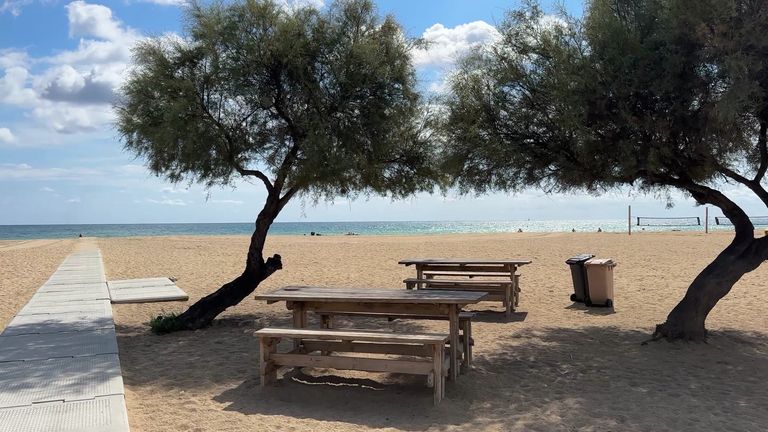
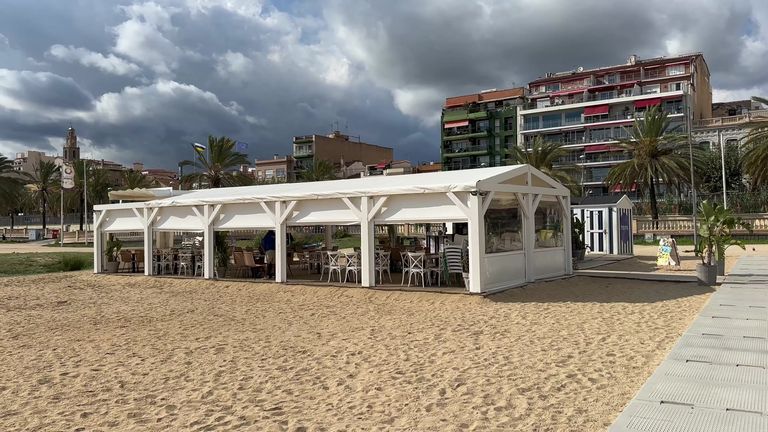
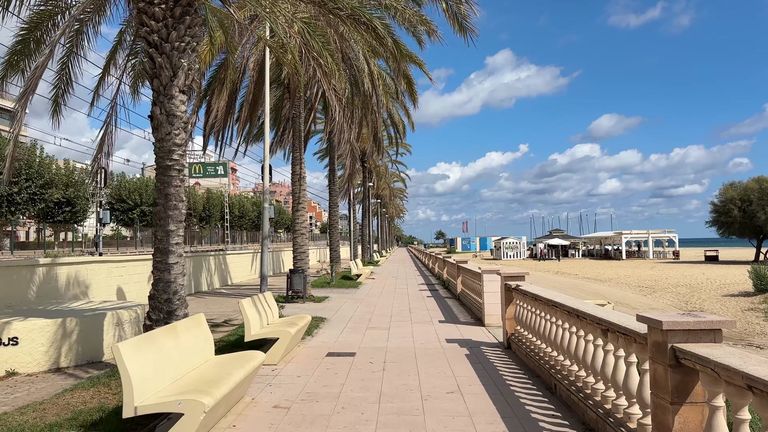
When we don’t use our car, we rely on Renfe commuter trains to get to Barcelona. However, these trains have an irregular schedule. For example, one train might arrive in 5 minutes, while the next one could take 25 minutes. So, it’s always important to check the timetable in advance. Alternatively buses are also an option. These buses even operate at night, so there’s no need to worry about missing the last train.
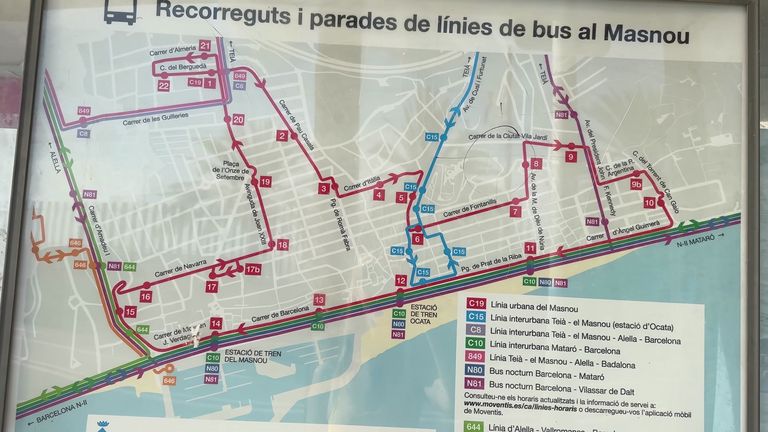
When heading in the opposite direction, we’ve taken these trains to places like Mataró, Calella, Pineda de Mar and Blanes. Within the city, there’s the S19 bus line, but it’s quite outdated and doesn’t cover much of the city. In fact, an entire new area is missing from the map. Speaking with locals, we learned they’ve been requesting more bus stops from the municipality for years. Even the addition of a single bus line could significantly improve the quality of life for the people living here.
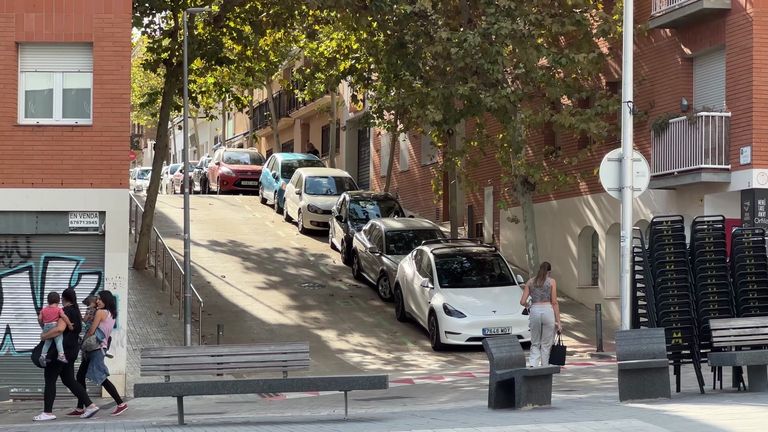
When we first arrived, we didn’t understand why cars were so essential here. However, we were quite surprised when we discovered El Masnou’s unique terrain. In cities built on flat land, buses aren’t necessary, you can walk everywhere. But this city is full of hills and slopes, even if they’re not immediately noticeable. Nobody mentions it, but in reality, this place feels like a land of surprises, with ups and downs everywhere. Built on hills, El Masnou’s uneven terrain is an integral part of its character. Just 20 meters away from the sea, you start to realize how scarce flat ground is here.
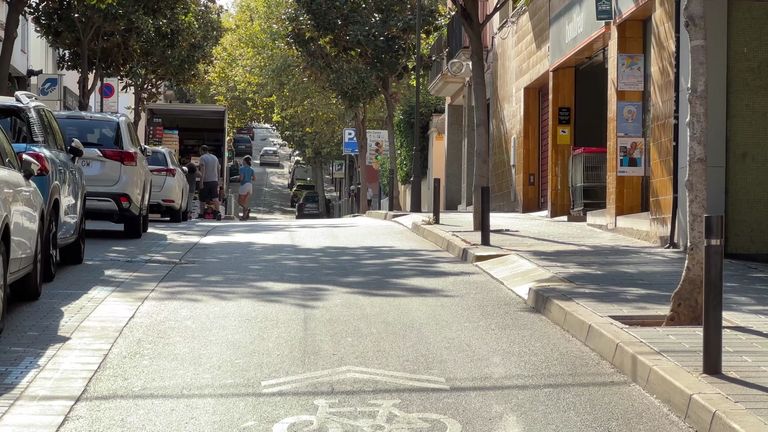
It’s almost as if I should say Welcome to San Francisco. But no, this is El Masnou. Every street is steep, either uphill or downhill. Finding a flat surface is nearly impossible, except for the coastal strip. That’s the reality.
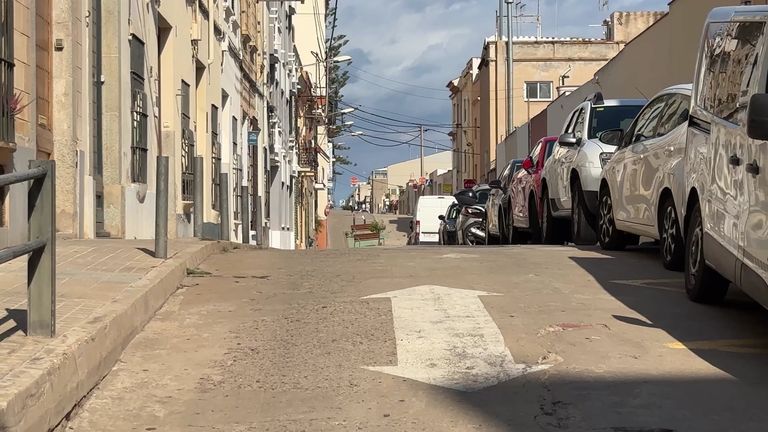
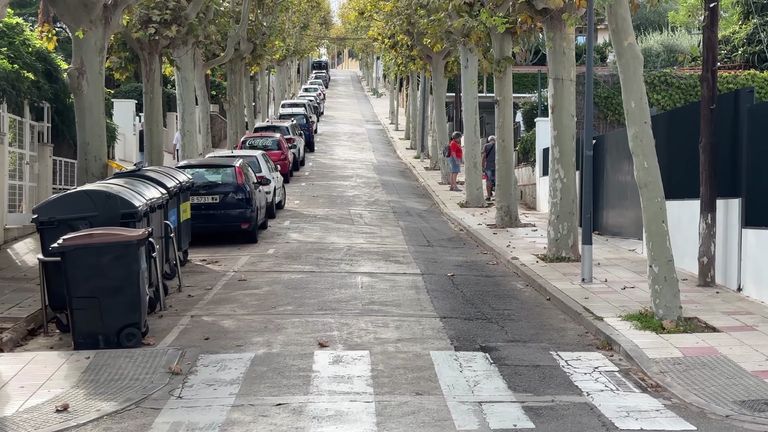
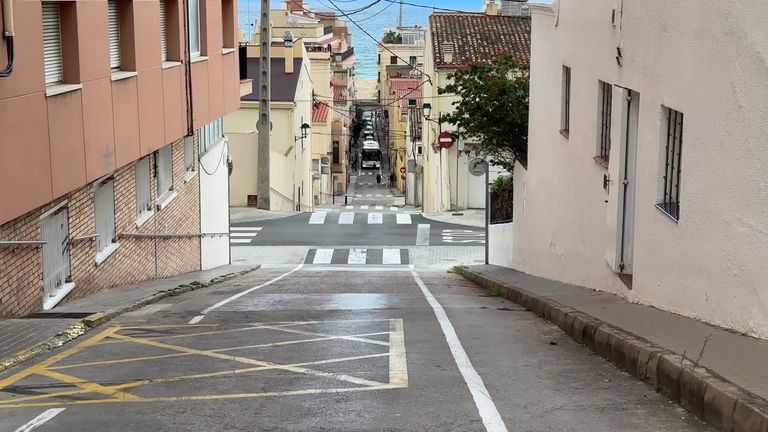
El Masnou has a port, home to several restaurants. Restaurants are scattered along the coast and in the city center. Most only operate during lunch (1:00 pm–4:00 pm) and dinner (8:00 pm–10:00 pm) hours. So, if you want to eat outside these hours, you’ll need to plan ahead. I recommend checking restaurant schedules before you visit. Outside the city, there’s even a Michelin-starred restaurant offering three menu options priced at €105, €120 and €140. We didn’t dine there, so I can’t comment on the food.
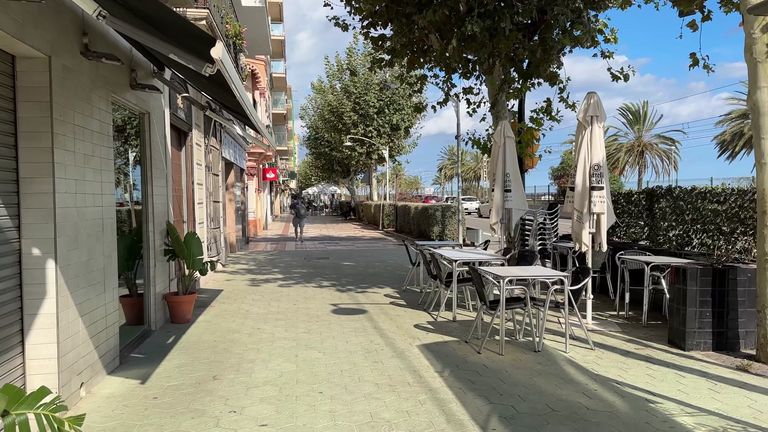
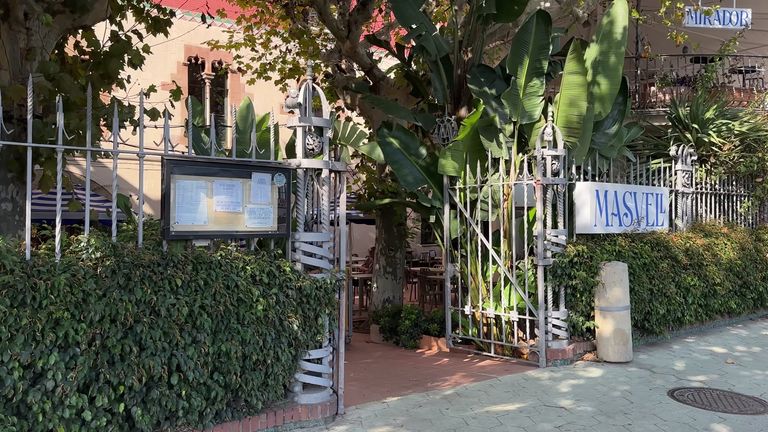
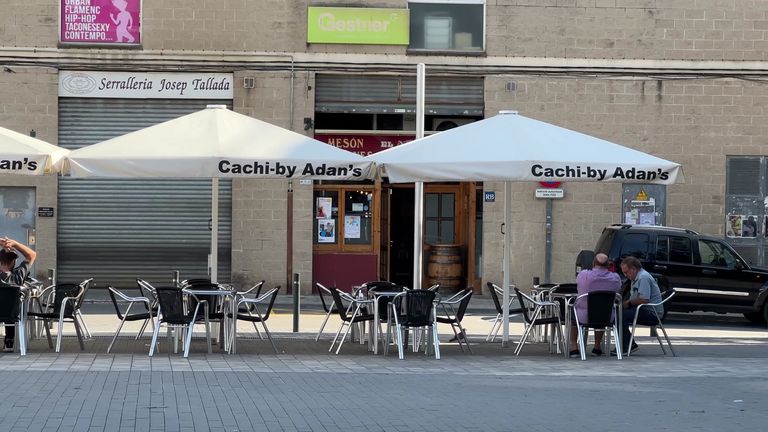
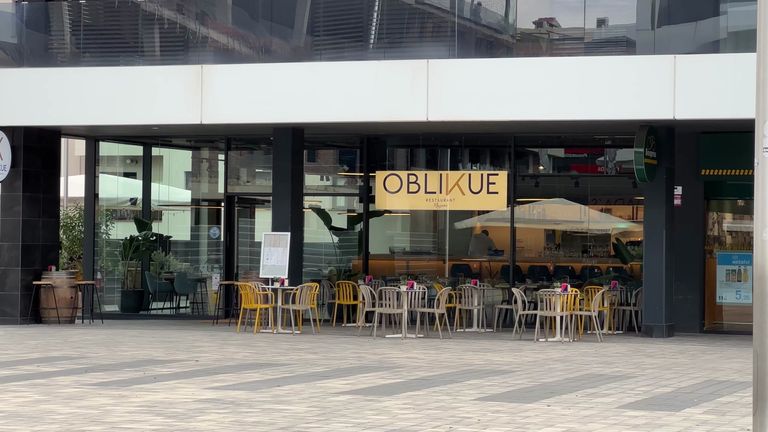
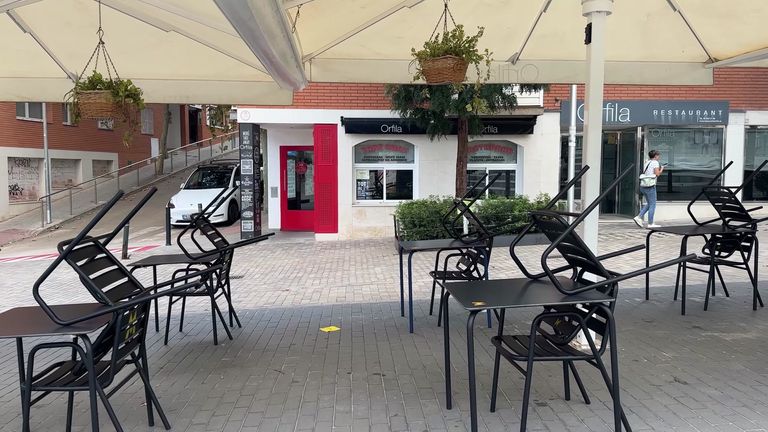
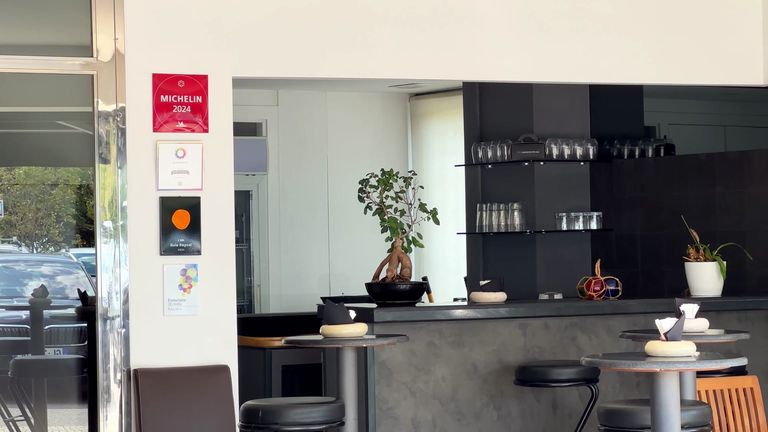
The city has a few supermarkets, but they’re not evenly distributed, mainly concentrated along the coast and in the city center.
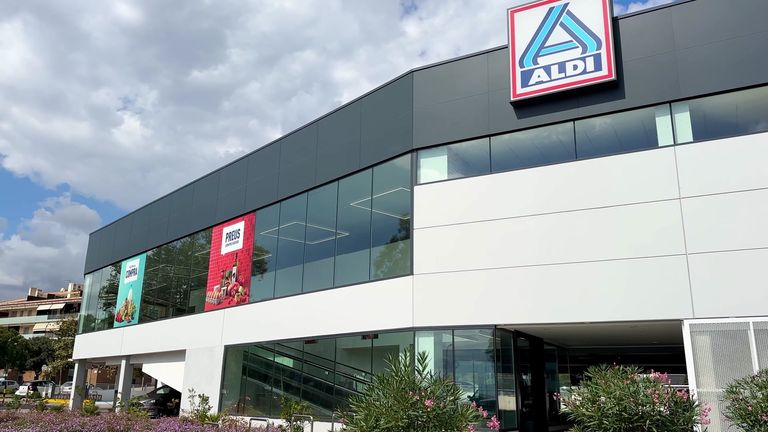
There’s a municipal building housing a local market, library, museum, post office and another supermarket. For families, there are playgrounds, preschools, schools and even a football field. Who knows? Maybe future football stars will emerge from here! El Masnou has its own football team and matches between different clubs are held on this field, open for everyone to watch.
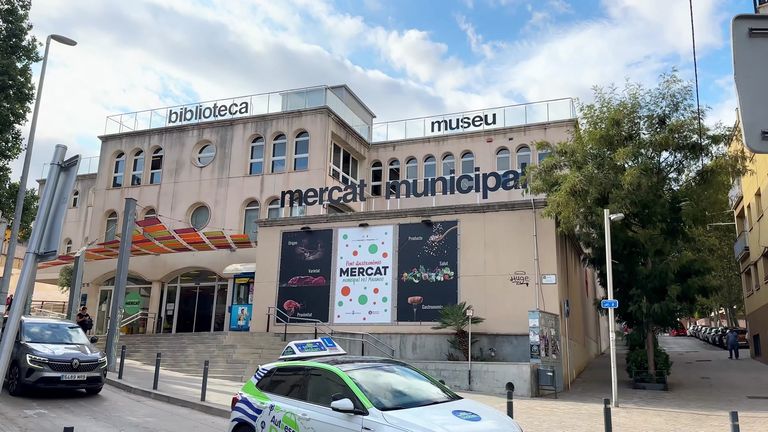
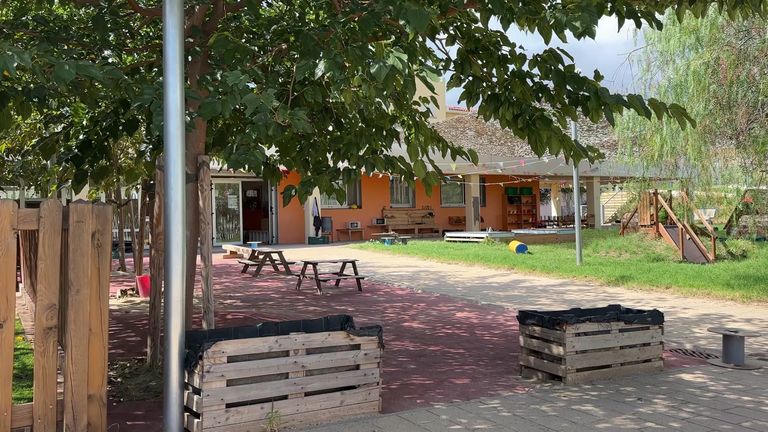
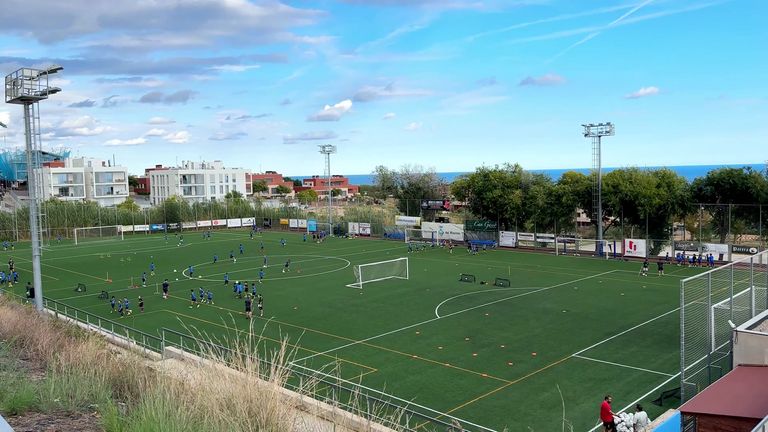
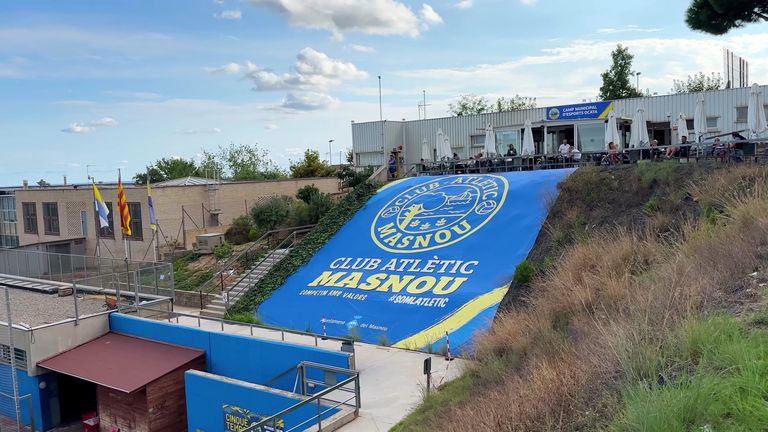
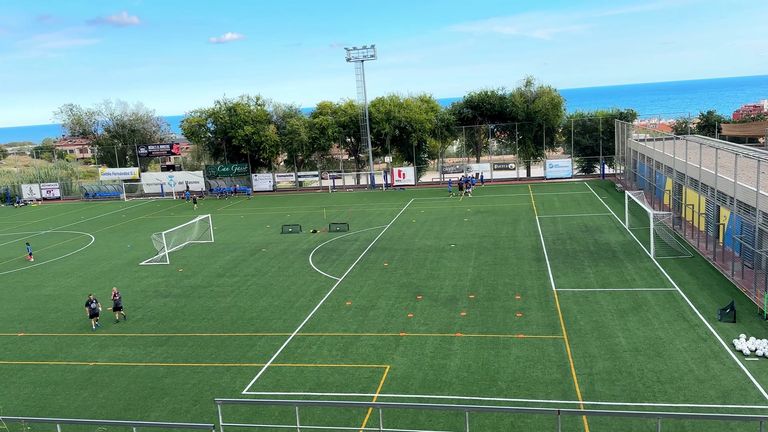
In terms of sports facilities, the city offers padel courts, gyms, swimming pools, a surfing school and even sailing lessons.
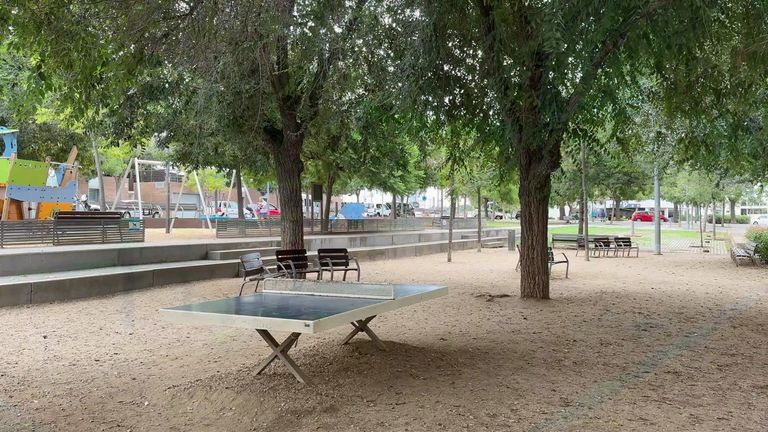
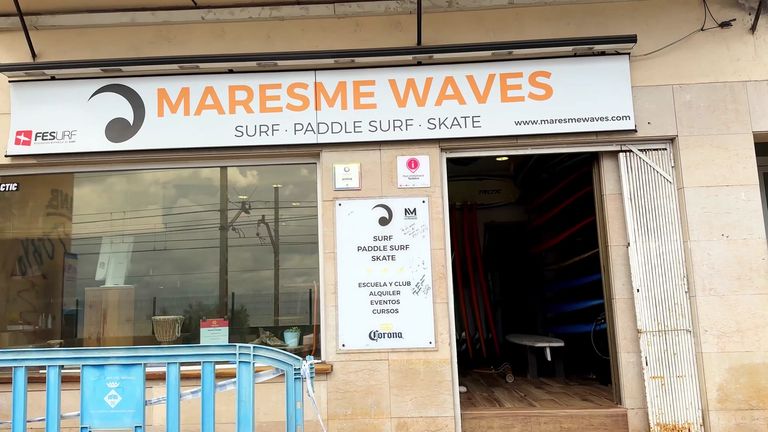
El Masnou is ideal for those seeking a quieter and less crowded life. One major advantage is its proximity to Barcelona. You can drive to Barcelona in just 25 minutes to explore, socialize or enjoy entertainment. Public transportation also connects you to the city center within an hour.
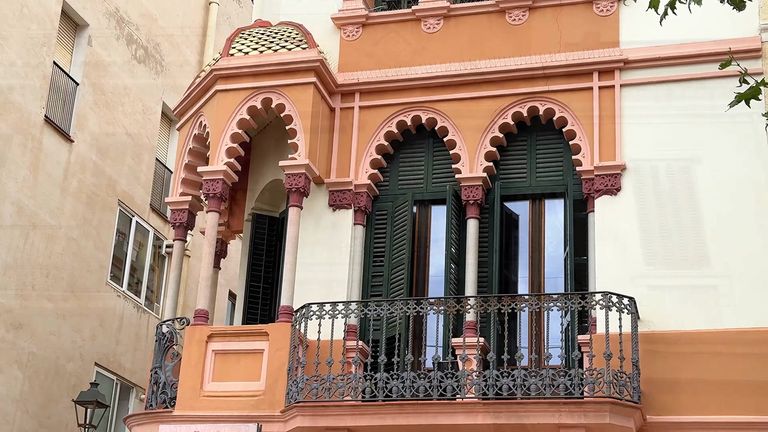
Another advantage is the peace and tranquility. It’s genuinely quiet here, allowing you to sleep peacefully and enjoy a calm lifestyle. The streets are almost deserted.
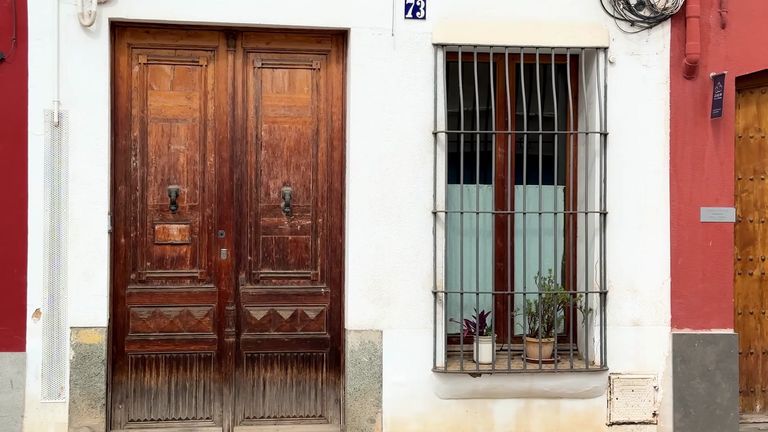
A third plus is that El Masnou isn’t a tourist destination, which means less pickpocketing and theft. We feel more relaxed here and we can always find a spot close to the sea on the beach.
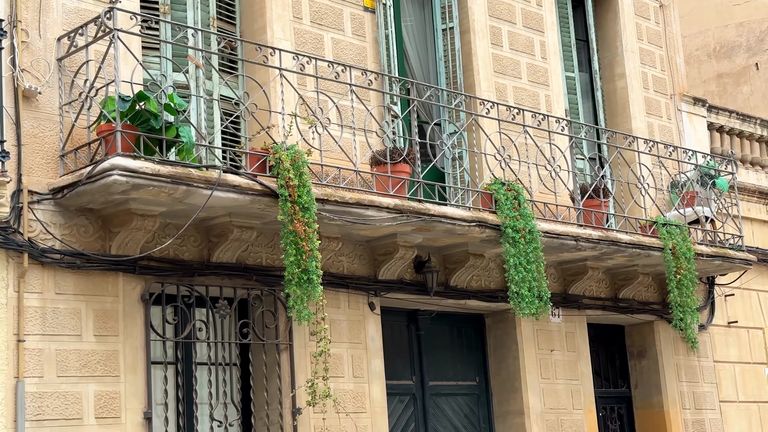
For us, the biggest downside is the hilly terrain. The constant elevation changes make walking almost impossible. This brings up another issue: the lack of public transportation. There are no buses near us to help navigate the slopes or get to the beach. Having such a service could alleviate the challenges posed by the city’s elevation.
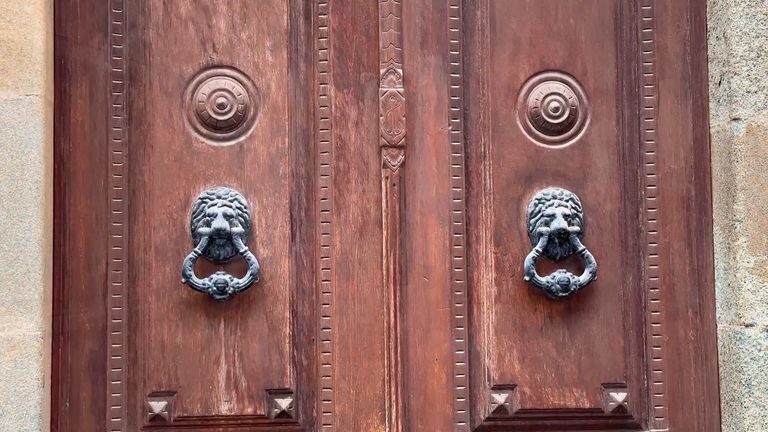
Another drawback is the limited number of restaurants and stores. Grocery shopping often requires driving to a nearby town, like Mercadona in Premià de Mar or Carrefour in Mataró. Locally, we had to rely on smaller stores like Aldi.
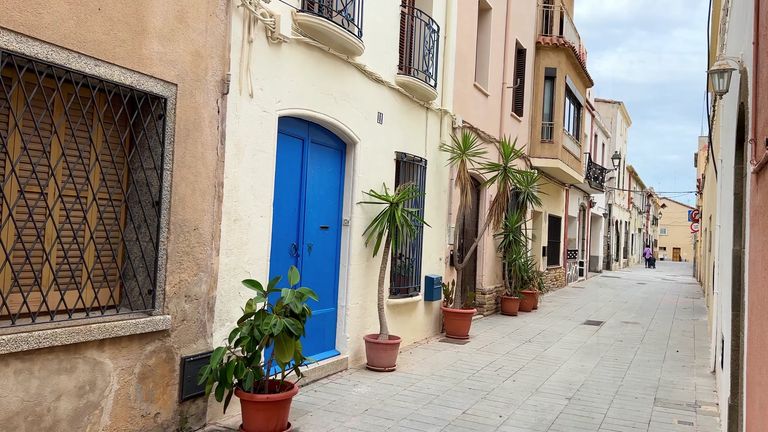
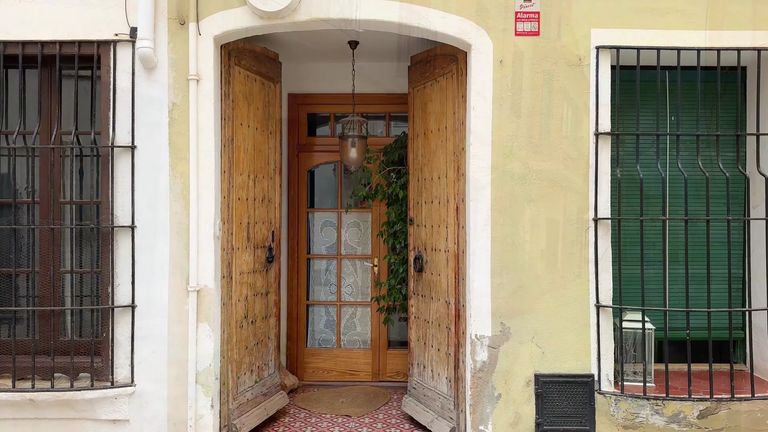
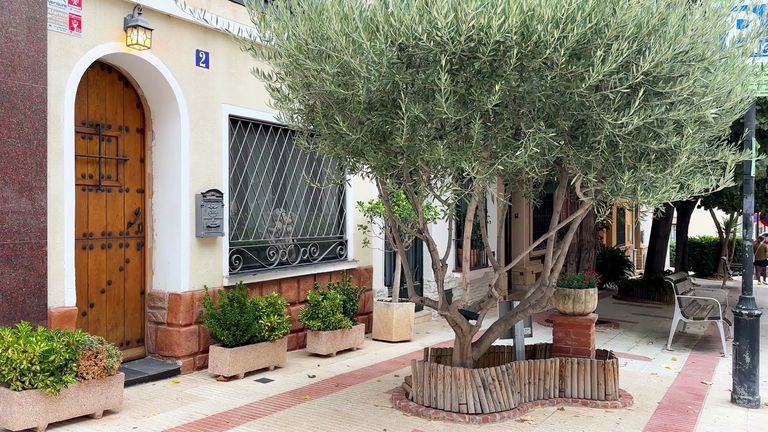
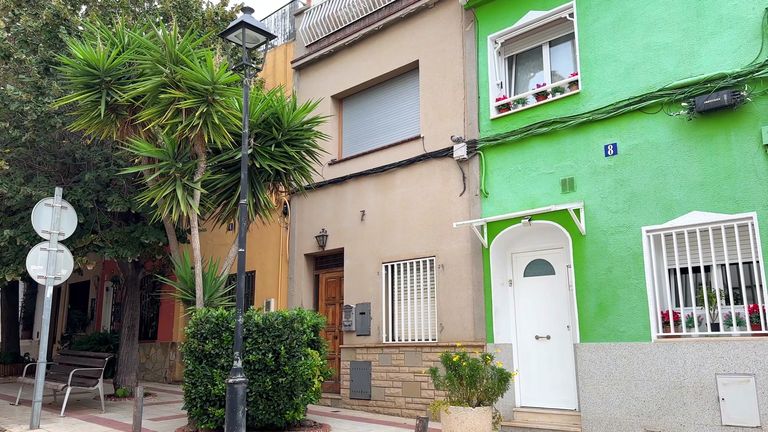
That’s about it! I’ve shared my observations about El Masnou. It’s a unique place with its own charm and challenges. Wishing you all the best until our next adventure! Take care and see you soon!